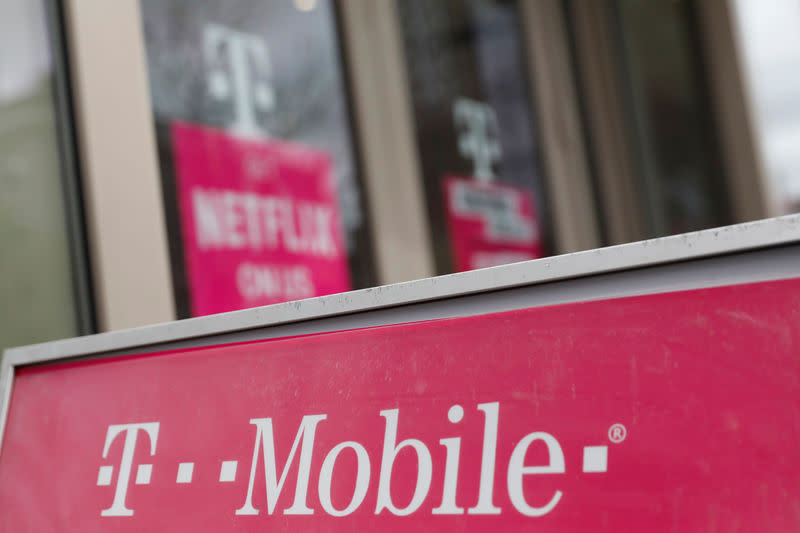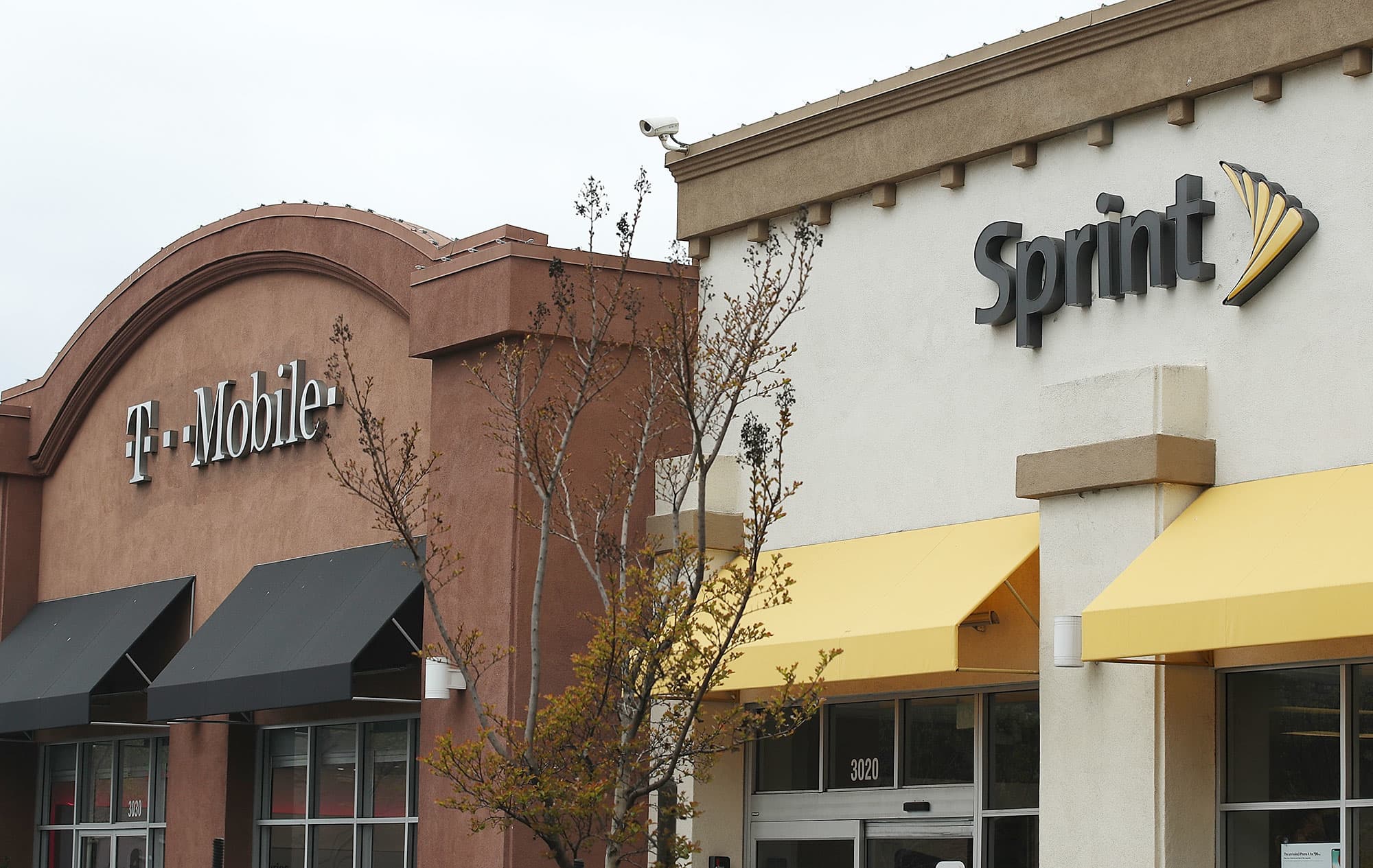 © Reuters. FILE PHOTO: A man looks at an electronic board showing the Nikkei stock index outside a brokerage in Tokyo
© Reuters. FILE PHOTO: A man looks at an electronic board showing the Nikkei stock index outside a brokerage in Tokyo
By Andrew Galbraith
SHANGHAI (Reuters) - Asian shares clawed back some of last week's losses as investors cheered apparent election wins for conservative incumbents in Australia and India, while broader global trade worries eased after Washington offered to lift some tariffs in North America.
MSCI's broadest index of Asia-Pacific shares outside Japan added 0.54%, reflecting modest gains in markets across the region after the broad index finished at its lowest since Jan. 24 on Friday, down 3% for the week.
However, the rally looks unlikely to extend to Europe. In early European trades, pan-region were down 0.21% at 3,393, German slipped 0.16% to 12,227, futures were 0.01% lower at 7,334.5, and France's lost 0.2% to 5,361.5.
Australian shares underpinned the firmer mood in the region, jumping 1.74% after the center-right Liberal National Coalition pulled off a shock win in federal elections, beating the center-left Labor party.
Elections also lifted markets in India. The benchmark BSE index rose 2.71% and the rupee strengthened after exit polls showed Indian Prime Minister Narendra Modi is likely to return to power with an even bigger majority in parliament.
U.S. turned higher, rising 0.23% following losses on Wall Street on Friday.
"We've had such a volatile few days in terms of pronouncements and interpretations of what's going on with this potential trade war. And I think the news bites that we had over the weekend seem to indicate a softening of Trump's approach toward tariffs internationally," said Jim McCafferty, head of equity research, Asia ex-Japan at Nomura.
The U.S. announced on Friday that it would remove tariffs on Canadian steel and aluminum, prompting Canada's foreign minister to vow the quick ratification of a new North American trade agreement.
"I think people might take the view that perhaps a similar strategy might be applied to Asia," McCafferty said, referring to the lifting of tariffs.
The cautious optimism failed to lift Chinese blue chips, which fell 1%.
Japan's stock index added 0.24%, after data showed growth in the world's third-biggest economy unexpectedly accelerated in the first quarter.
Modest gains in Asia on Monday came even as financial markets remained on edge over the intensifying Sino-U.S. trade war, with the Trump administration last week adding Huawei Technologies Co Ltd to a trade blacklist.
The repercussions of that move were evident as Alphabet (NASDAQ:) Inc's Google suspended business with Huawei that requires the transfer of hardware, software and technical services except those publicly available via open source licensing.
Noting the festering trade war, Greg McKenna, strategist at McKenna Macro, said investors are currently "headline trading" given the continued uncertainty over Brexit and rising tensions between the United States and Iran.
"(It's) too soon to see the economic consequences of the battle escalating. And so belief can be suspended until that time," McKenna said in a note to clients.
OIL JUMPS
Rising tensions in the Middle East, which have supported oil prices, ratcheted up another notch on the weekend as Trump issued new threats, tweeting that a conflict with Iran would be the "official end" of that country.
But it was comments from Saudi Arabia's energy minister that had the most immediate effect on crude prices on Monday.
Saudi Energy Minister Khalid al-Falih said that there was consensus among the members of the Organization of the Petroleum Exporting Countries to maintain production cuts to "gently" reduce inventories.
Both and jumped more than 1.3% on Monday, with West Texas Intermediate fetching $63.58 a barrel and Brent crude at $73.19 per barrel.
In currency markets, China's rebounded after touching its weakest against the dollar since November on Friday. It was last trading at 6.9390 per dollar.
In onshore trading on Friday, the yuan weakened past the psychologically important 6.9 per dollar level to end at its softest in 19 weeks. However, sources told Reuters the country's central bank is expected to use foreign exchange intervention and monetary policy tools to stop it weakening past the 7-per-dollar level in the near term.
The People's Bank of China said on Sunday that it would maintain basic stability of the yuan exchange rate within a "reasonable and balanced range."
The strengthened to 6.9125 per dollar on Monday.
The dollar added 0.08% against the yen to 110.16, while the euro eased to $1.1152. The , which tracks the greenback against a basket of six major rivals, was up a hair's breadth at 98.028.
The yield on benchmark rose to 2.4033% compared with a U.S. close of 2.393% on Friday, while the two-year yield touched 2.2146%, up from Friday's U.S. close of 2.202%.
Gold trimmed earlier gains on the modest revival in risk appetite, losing 0.1% to $1,275.91 per ounce.
(GRAPHIC: China's yuan strengthens - https://tmsnrt.rs/2We5yvU)
Let's block ads! (Why?)
https://www.investing.com/news/stock-market-news/australian-indian-elections-boost-asian-shares-trade-fears-ease-1872867
2019-05-20 07:13:00Z
CBMieGh0dHBzOi8vd3d3LmludmVzdGluZy5jb20vbmV3cy9zdG9jay1tYXJrZXQtbmV3cy9hdXN0cmFsaWFuLWluZGlhbi1lbGVjdGlvbnMtYm9vc3QtYXNpYW4tc2hhcmVzLXRyYWRlLWZlYXJzLWVhc2UtMTg3Mjg2N9IBAA





